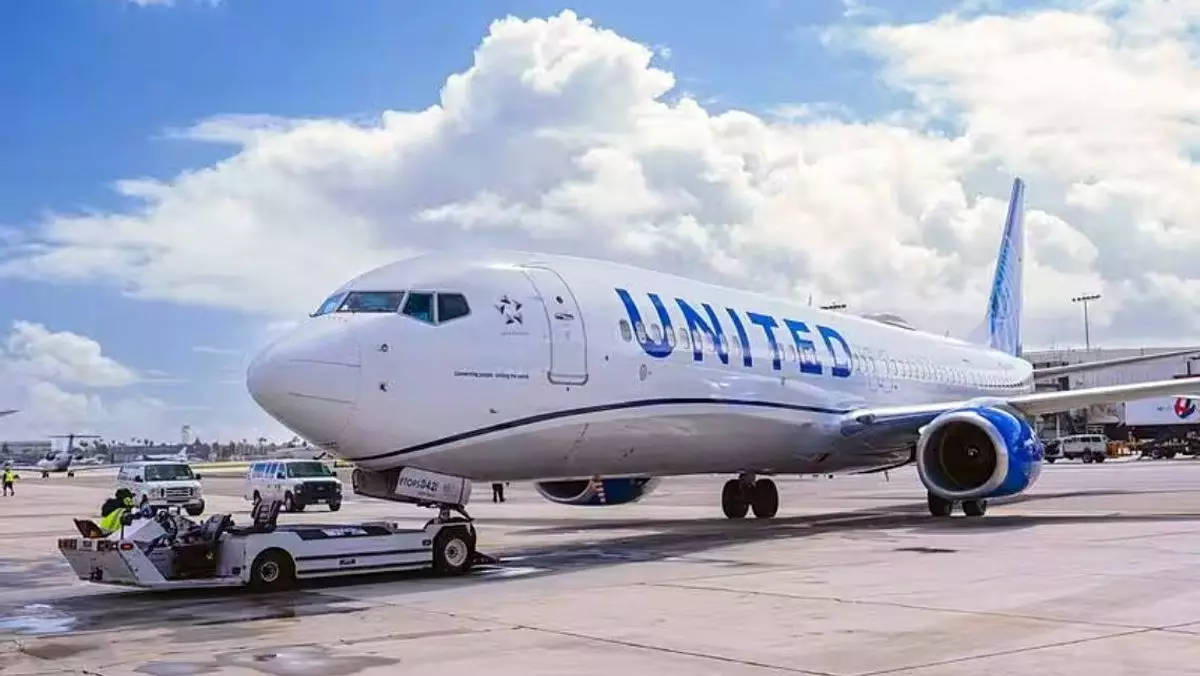Recently, United Airlines has made a request to its pilots to take time off in the month of May. This request comes as a result of delays in the delivery of new planes that the airline had ordered from Boeing. The aviation giant, Boeing, has been facing challenges in production due to various manufacturing issues. The spokesperson for United Airlines, Leslie Scott, mentioned that the offer for pilots to take voluntary time off is in response to the reduced forecasted flight hours caused by the delays in Boeing deliveries.
Pilot Hiring Pause and Reduced Aircraft Orders
In addition to asking pilots to take time off, United Airlines had previously announced a pause in pilot hiring due to the ongoing delays in Boeing deliveries. The airline had placed orders for a significant number of Boeing jetliners, but it now expects to receive a much lower quantity than originally planned. For instance, United was supposed to receive 191 planes this year and 127 planes next year, but the actual numbers are expected to be 88 planes this year and 64 planes in 2025.
The majority of the shortfall in aircraft deliveries consists of Boeing 737 Max planes, including a new and larger model, the Max 10. United had plans to introduce 80 Max 10 jets to its fleet this year. However, the Federal Aviation Administration (FAA) has not yet certified the Max 10 model. The certification process is expected to face further delays due to increased scrutiny on Boeing following a recent incident involving an Alaska Airlines Max 9 aircraft.
Given the uncertainties surrounding the delivery of Boeing 737 Max planes, United Airlines is exploring options to potentially replace its orders for the Max 10 model. The airline is evaluating different strategies to mitigate the impacts of the manufacturing delays on its operations and fleet expansion plans.
The delays in Boeing deliveries have had a significant impact on United Airlines, particularly its pilot workforce and aircraft acquisition plans. The airline’s decision to offer voluntary time off to pilots and pause in hiring reflects the challenges posed by the manufacturing issues at Boeing. As United continues to navigate through these challenges, it remains crucial for the airline to adapt its strategies to ensure operational efficiency and maintain a reliable fleet for its passengers.

